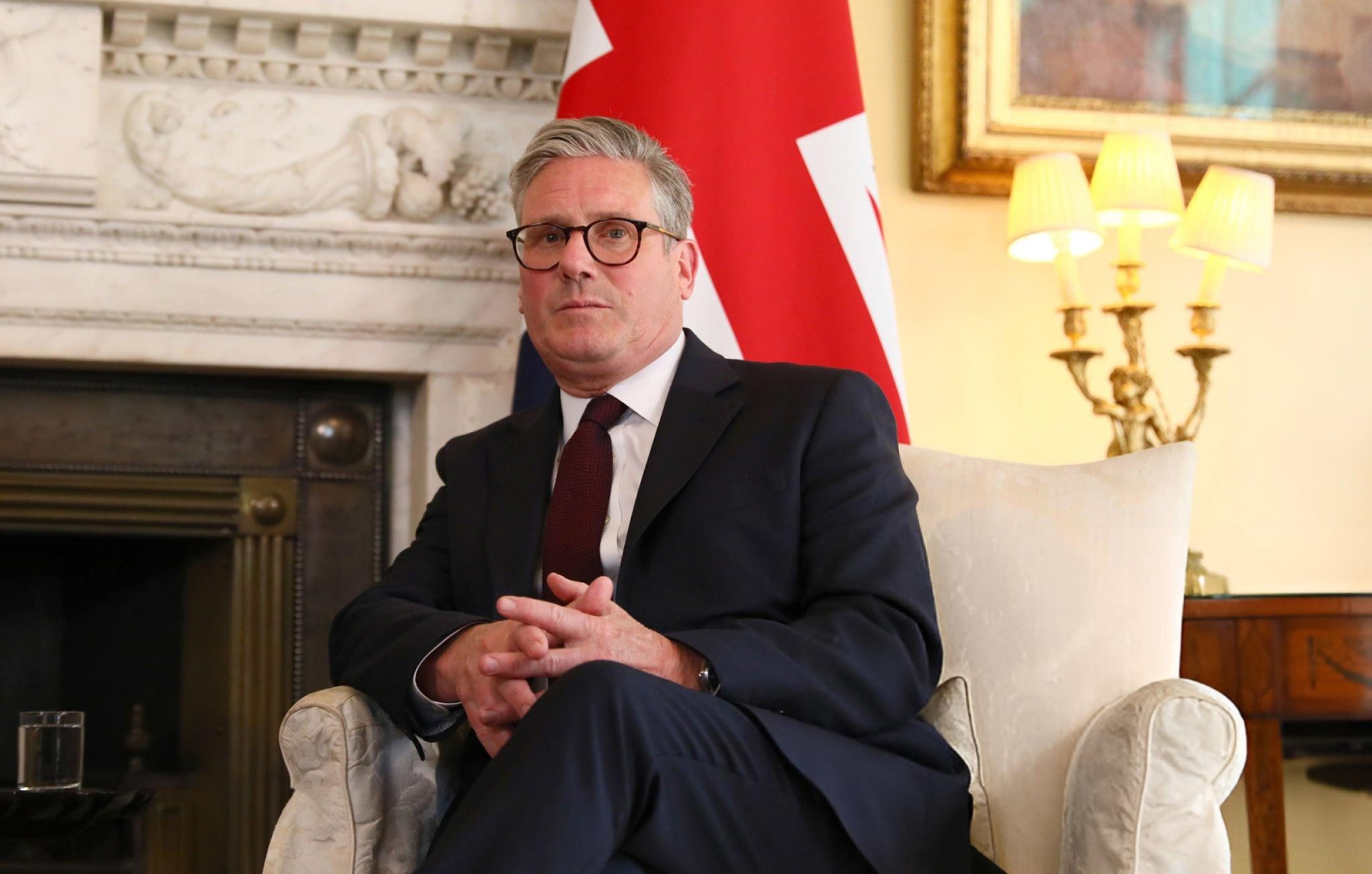LONDON – 8 May 2025: Prime Minister Sir Keir Starmer is set to draw historic parallels with the Second World War as he champions a renewed national commitment to defence, invoking the sacrifices of past generations while unveiling a major investment in Britain’s military capabilities.
Addressing the London Defence Conference on Thursday, Sir Keir will warn that the threats facing the UK today demand a united response akin to the collective effort seen during the 1940s. His speech, set against the backdrop of the 80th anniversary of the Allied victory in Europe, will place Britain’s current security challenges in sharp relief alongside those of the past.
Central to the Prime Minister’s remarks will be an appeal to seize what he terms the “defence dividend” — a reference to the economic and strategic advantages of increased military investment. As part of that effort, Sir Keir is expected to announce a £563 million contract awarded to Rolls-Royce for the long-term maintenance of the RAF’s fleet of Typhoon fighter jets.
“Our task now is to seize the defence dividend – felt directly in the pockets of working people, rebuilding our industrial base and creating the jobs of the future,” he will tell delegates, which include military leaders, defence industry figures, and academic experts.
Labour ministers have been eager to highlight the economic upside of their plans to boost defence spending to 2.5% of GDP by 2027. The investment, they argue, will not only bolster national security but also help to stimulate the domestic economy through industrial revitalisation and job creation across the country.
Sir Keir will emphasise the importance of this effort being a broad-based one, saying it must be “a national effort” involving the state, private enterprise, and civil society. “A time for the state, business and society to join hands, in pursuit of the security of the nation and the prosperity of its people.”
He will frame the defence push as both a practical and moral imperative — “an investment in peace, but also an investment in British pride and the British people to build a nation that, once again, lives up to the promises made to the generation who fought for our values, our freedom and our security.”
The Prime Minister’s speech will also pay tribute to the veterans of the Second World War, particularly those who served in Europe, as the country commemorates the 80th anniversary of the Nazi surrender in 1945. However, Starmer is expected to draw a stark line from past threats to present ones, including Russia’s ongoing war in Ukraine.
“Britain’s victory was not just a victory for Britain. It was a victory for good against the assembled forces of hatred, tyranny and evil, for the light of our values – in a world that tried to put them out,” he will say.
“Now, as you know, there are people who would happily do likewise today. Our values and security are confronted on a daily basis. We must use this moment to deliver security and renewal for our country.”
Sir Keir’s warning follows remarks made just a day earlier by US President Joe Biden, who condemned the idea of pressuring Ukraine to cede territory to Russia as “modern-day appeasement.” The term recalls the ill-fated attempts to avoid war with Nazi Germany in the 1930s.
Writing in The Times, Defence Secretary John Healey echoed the Prime Minister’s message, stating that Russia’s invasion of Ukraine is “a harsh reminder that tyranny has not been eliminated.”
“Europe’s borders are once more being redrawn by force,” he wrote. “The foundations of the international order formed in the wake of 1945 are being tested as never before. Freedom is not free.”
As the government prepares to channel billions into Britain’s defence infrastructure, the Prime Minister’s address is likely to serve as a rallying cry — not just for military strength, but for national unity and economic renewal.
Would you like a follow-up opinion piece exploring public response to these defence initiatives?






